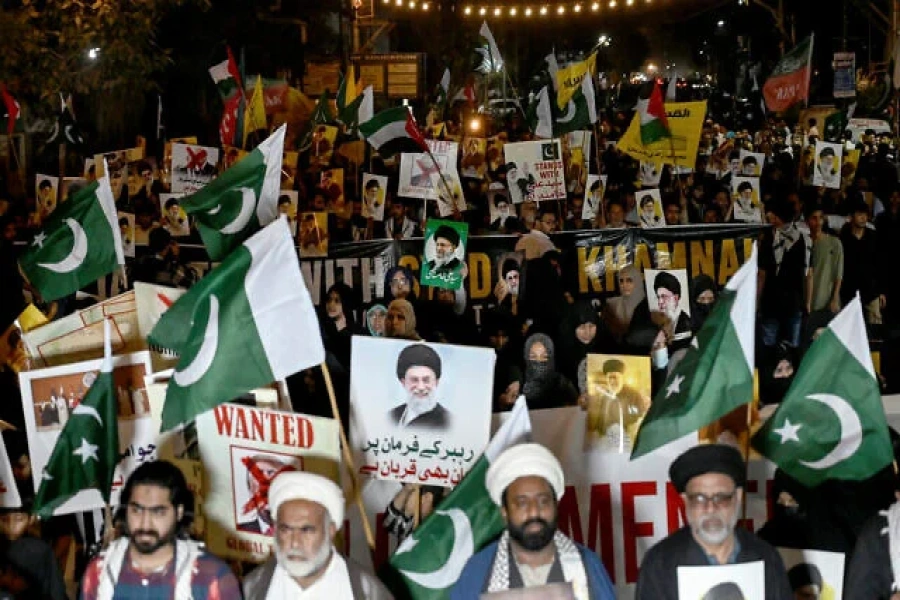KATHMANDU, May 4: As many as 70 incidents of press freedom violations were recorded in a year from May 2016 to April 2017 by the Federation of Nepalese Journalists (FNJ) in Nepal which signaled that the status of press freedom is still at stake.
On the occasion of the International Press Freedom Day, UNESCO along with FNJ launched a press freedom report of 2016-2017 prepared by the International Federation of Journalists (IFJ) on Wednesday. According to the report, as many as 19 journalists were killed in South Asia between May 2016 and and April 2017. Afghanistan led the grim tally with eight killings, followed by Pakistan with five, India with four and Bangladesh with one.
Speaking at the program organized under the theme: Critical minds for Critical time, FNJ President Dr Mahendra Bista said, “Even though the constitution of Nepal has guaranteed enough press freedom, many journalists of our country are intimidated, harassed, threatened and even killed.” According to him, despite having the right to opinion and expression, journalists are compelled to write under pressure which widely affects the subject matter.
Bista said that press freedom violation incidents have been decreasing in the recent days.
In 2015, the FNJ recorded 140 such incidents which have now come down to 70 (from May 2016 to April 2017). “However, impunity persists with most of the cases going unpunished,” expressed the FNJ chairperson.
Christian Manhart, UNESCO Representative to Nepal, stated, “Nepal has well improved in press freedom and safety of journalists but the legacy of years of conflict remains to be settled, without which a full reconciliation seems unlikely”. Besides that, Manhart stressed bringing women and minorities to the forefront of development.
Addressing the wide number of journalists present in the program, National Human Rights Commissioner Sudip Pathak said, “We must conduct interaction programs at the regional and national levels to discuss about the threats and risks that the media has to deal with and ask the government to resolve the issue.” He even stated that even democratic countries violate press freedom. “Governments round the world try to use the media as their mouthpiece and when they are unable to do so, they begin censorship,” said Pathak.
There are several instances where Nepali journalists have been pressurized by political parties and other groups to write in their favor. Sometimes journalists are targeted for reporting on and writing about various issues, policies, problems and deeds of various political parties, industrialists and even the government.
During the interaction, journalists discussed about various things like cyber censors, Internet shutdowns, content filtering and blocking, monitoring, surveillance and many other types of media censorship which has been limiting the roles of journalists.
Safeguarding Press Freedom with Urgency and Conviction




































